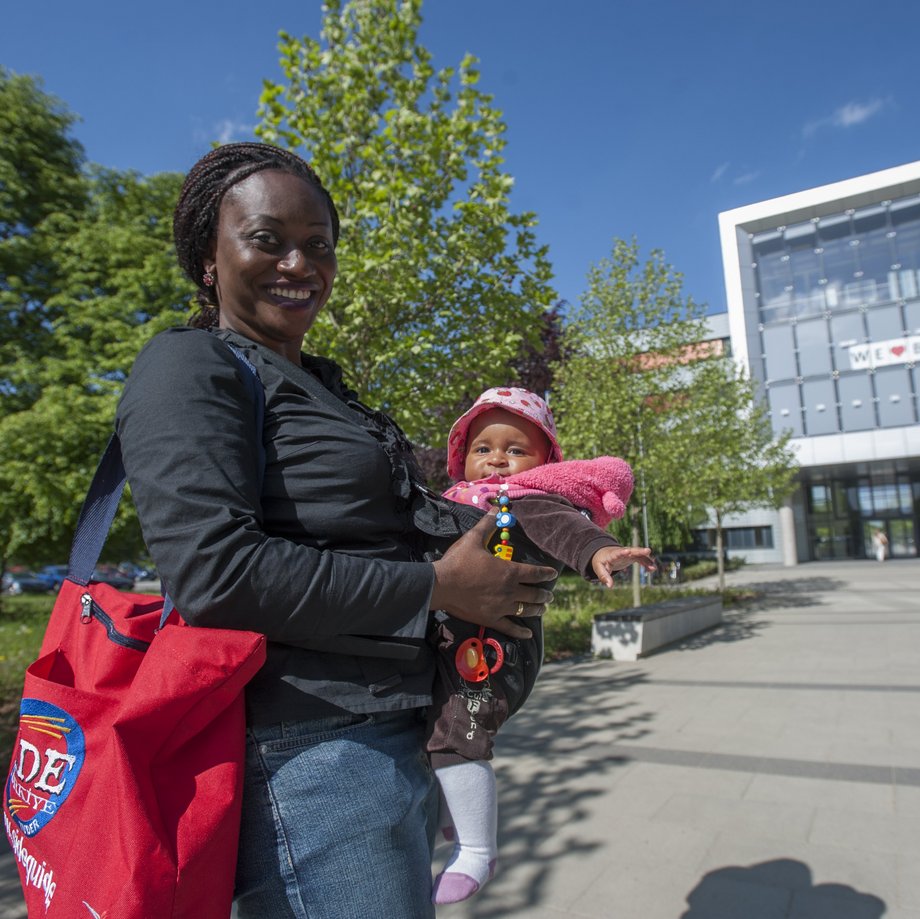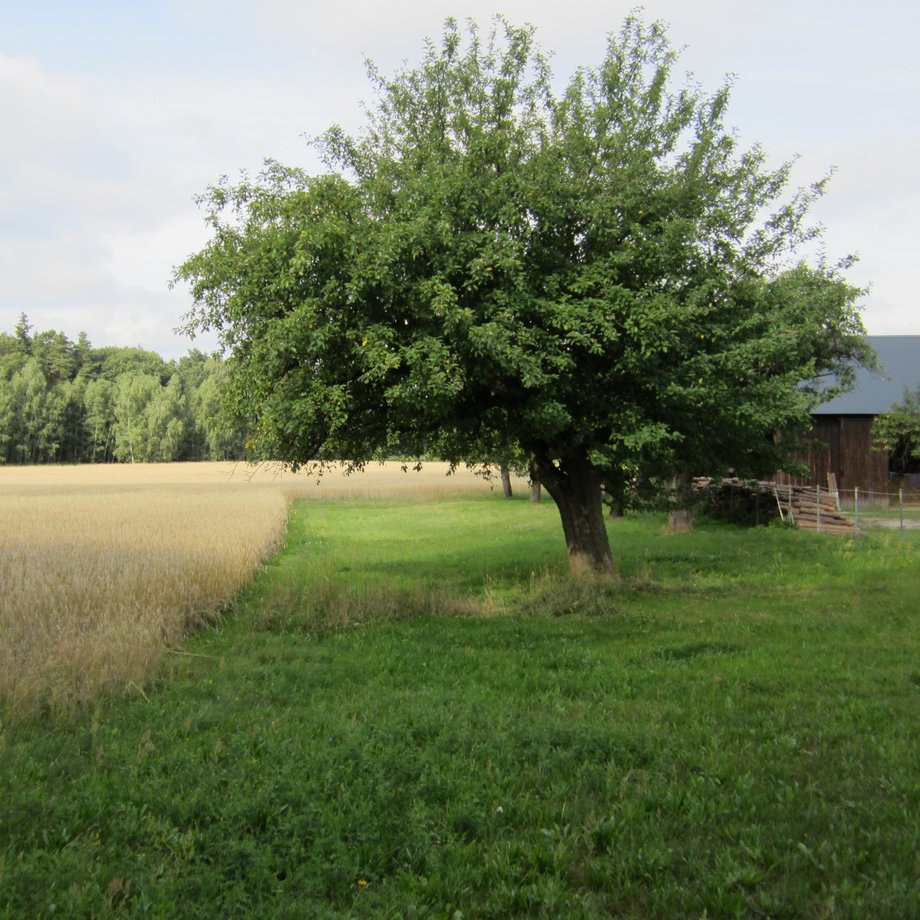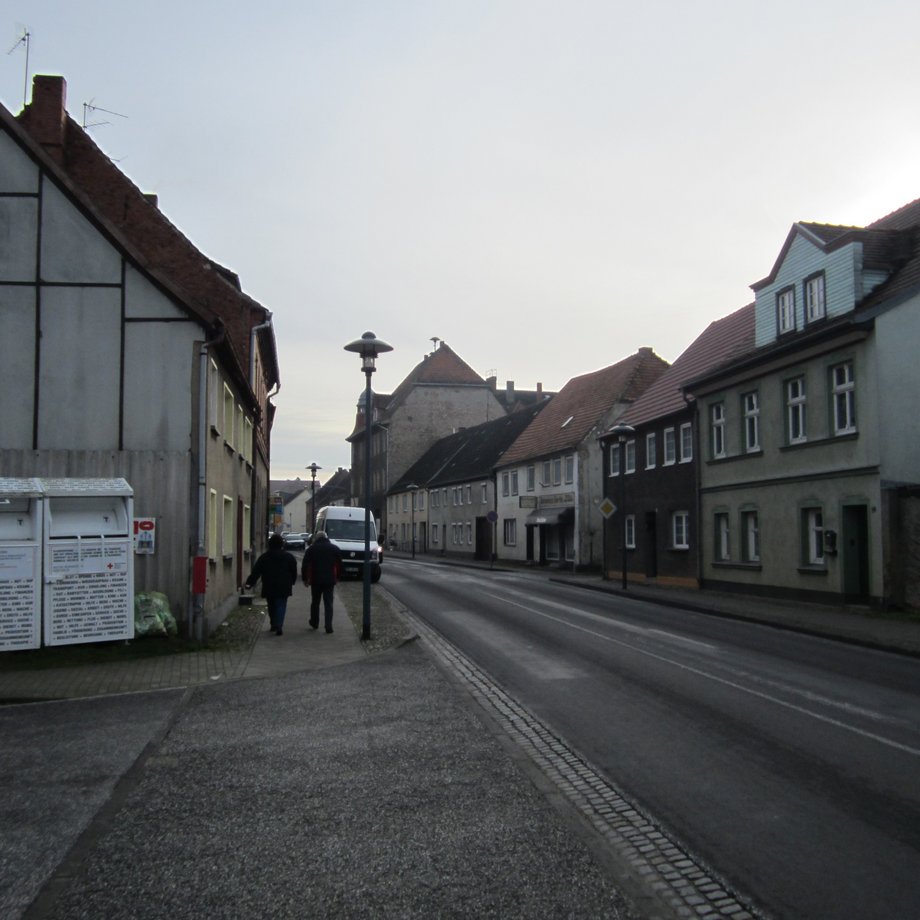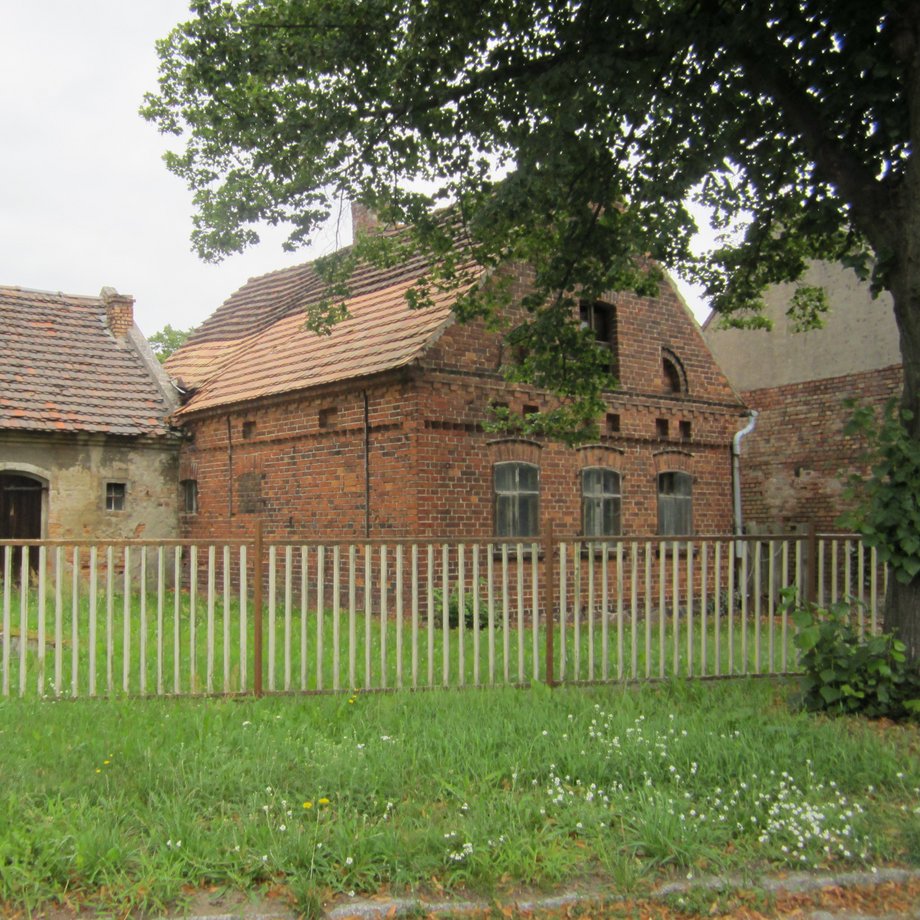







Transformation Processes in East Germany as a Research Subject
The Graduate College addresses the interwoven social, political, socio-cultural and economic consequences of the transformation processes in Eastern Germany - with a special focus on Brandenburg - as well as in Poland and Romania by examining current challenges for the professionalization of social and health care professions at their interfaces. The focus is on researching the interactions of overarching transformation processes with regional or local communities.
Specifics of societal transformation in post-socialist societies
One challenge is that the end of the socialist era and the social transformation process it initiated in the regions in focus was and is accompanied by neoliberalization (cf. Brown 2015), which demands that all areas of everyone's life be oriented toward economic market principles. Spatial mobility, occupational and temporal flexibility, and the need for lifelong learning offer opportunities for shaping individual lives, but also entail the risk of excessive demands in the event of reduced mental or health-related resilience. Those whose personal and social resources are insufficient to cope with the associated impositions face an increased risk of social exhaustion (cf. Lutz 2014) and thus a reduction in their ability to cope with everyday life on their own. In this context, tendencies toward social closure and the disintegration of socioeconomically disadvantaged population groups are on the rise. In addition, social transformation is accompanied by the dismantling of public infrastructure and social and health services in many post-socialist regions. Structural inequalities in access to education, health care and long-term care (cf. Geisen et al. 2013) are increasing. A perceived inequality can be observed among people socialized in the GDR; it is justified, among other things, by the structurally lower representation in leadership and decision-making positions, economic disadvantage, devaluation of professional biographies, and low social participation (see Foroutan 2018).
Research perspectives of the Graduate College
The Graduate College selects four research perspectives on problems of the manifold transformation consequences and considers them in the context of the professionalization of social and health care professions:
- How can democratic actors and structures, especially marginalized communities in the community, be strengthened in dealing with right-wing populist and extremist groups? Which approaches to community work can be identified in rural and urban areas and further developed in the sense of professionalization? What is the significance of addressing transformation experiences after 1989 and in the present?
- How can approaches to migration social work be professionalized in view of the challenges in the community described under 1? Of interest are approaches to action that aim at working with families in the sense of a broad, differentiated understanding of the term.
- What contribution can educational processes in health and social professions make to social transformation processes? How can we respond from an educational perspective to the challenges posed by demographic developments - especially with regard to care in rural areas? What opportunities do caring communities offer for the provision of social care to the population in rural areas? How must the professional self-image of nurses change transformation processes?
- Success of an inclusive professional attitude in social and health care professions, with the topic of transcultural diversity in care: Aspects of successful transcultural interaction in the context of initial contact from the perspective of patients and caregivers in institutions of inpatient health and nursing care in Brandenburg.
